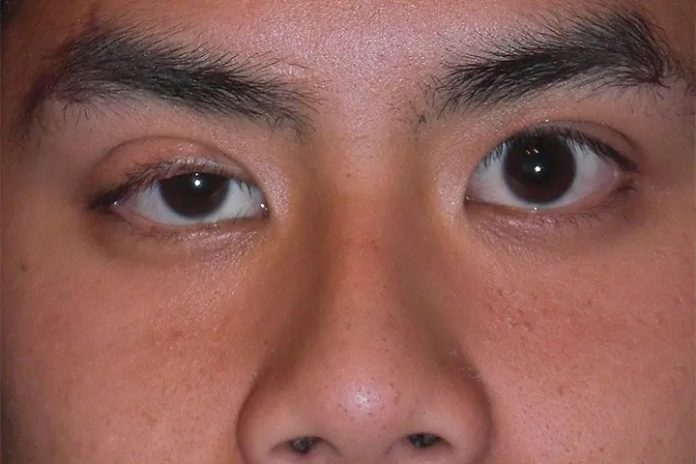A recent study suggests that a disproportionately high number of those with myasthenia gravis suffer from psychiatric complications. This is especially the case when it comes to depressive and anxiety disorders relative to the general population. Indeed, numerous studies have suggested as much. In one study, Magni et al. examined 74 patients with MG and found that 14 percent fit DSM-III criteria for an affective disorder, with 22 percent possessing an adjustment disorder with depressed mood and mixed emotional features. Likewise, Paradis et al. reported rates of panic disorder at 7 percent in MG. Some believe that this higher level of psychological distress is due to having a serious disease. This may be borne out in the fact that, those with longer disease duration tended to be more likely to exhibit symptoms of social phobia and dysthmia. In general, the presence of psychiatric symptoms seems to be strongly correlated to disease severity:
“Data concerning predictors of psychopathology in MG are still scarce. We observed that longer disease duration was associated with dysthymia and social phobia. Other studies suggested that psychopathology was more prevalent in females and correlated with disease severity12,19. Paradis et al. found no association between the severity of the disease and anxiety disorders13. Also, psychopathology has not been associated with steroid therapy, thymectomy, or age of MG onset12. Nevertheless, corticosteroids have been associated with depression in several clinical populations20. Indeed, it is known that corticosteroids can alter the levels of monoamines and induce behavioral change, but the use of corticoids was not associated only with depression in this study.”








